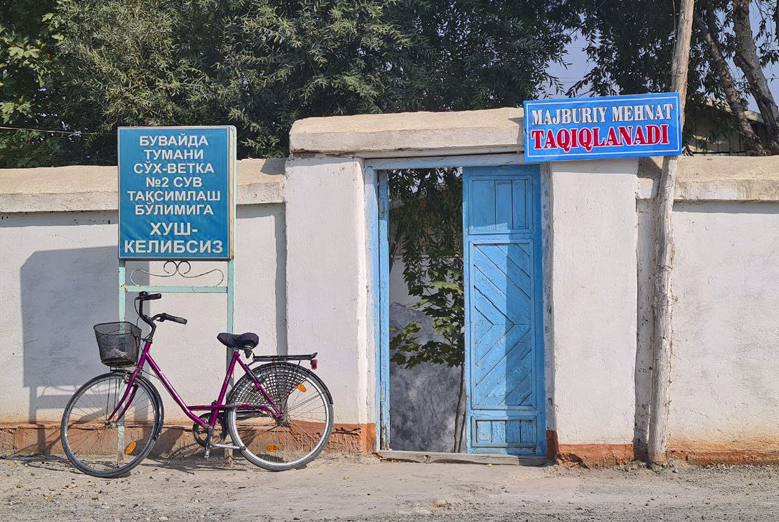The Diplomat: New Regulations in Uzbekistan Effectively Impose Government Control on NGOs
Uzbekistan’s new regulations for NGOs impose government control and interference in the implementation of projects funded by foreign organizations or individuals. This poses difficult questions for international donors including the European Union, USAID, United Nations agencies, and others who make grants available to civil society organizations.
Sourcing Journal: These Retailers Sell Turkmenistan Cotton Despite Forced-Labor Ban
Major American retailers continue to hawk products made with cotton from Turkmenistan despite a long-standing U.S. Customs and Border Protection ban over findings of state-enforced slave labor in the Central Asian nation.
Anti-Slavery International: Turkmenistan: New Harvest Findings and How Governments Should Address Forced Labour in Turkmenistan
In the latest blog, Ruslan Myatiev, founder of Turkmen.news, details the latest findings from the Turkmen cotton harvest.
Anti-Slavery International: Business & Human Rights: Help Stop the Abuse
Many everyday products we use in the UK, from clothes to coffee, are linked to forced labour. Around the world, millions of people are exploited to make them, while companies here profit. Right now, businesses choose whether to act. That’s not good enough. Protecting people and the planet must be the law. We’re calling for a new UK law to hold companies accountable when they fail to prevent human rights abuses or environmental harm in their supply chains.
Uzbek Forum for Human Rights: The Door To Uzbekistan Has Opened But There Is A Risk It Could Slam Shut
Human rights activist Umida Niyazova spoke to Fergana News about a recent trip to her homeland and her impression of new realities after many years in exile.
Anti-Slavery International: Turkmenistan Cotton Harvest: New Harvest, Same Old Abuses
As the annual cotton harvest commences and Turkmenistan marks Independence Day on 27 September, business and human rights policy and research officer, Rocio Domingo Ramos, sheds light on the continued practice of forced labour in the country’s cotton industry.
Open Democracy: Recent workers’ victory reveals the rot in Uzbekistan’s public life
The much heralded privatisation of the Central Asian state’s cotton sector has led to claims of exploitation. But workers are fighting back.
Uzbek Forum for Human Rights: Uzbekistan Cotton Harvest 2020: Video Highlights
Despite significant progress on the eradication of forced labor in Uzbekistan’s cotton sector, new challenges have come to light since the privatization process began. Hundreds of thousands of hectares of farmland have now been transferred to private operators (clusters) leaving many farming families without work and in poverty. Because only one cluster operates per district, farmers who have retained their land are now trapped in contracts to deliver cotton to the cluster in their district, leaving them without the power to negotiate favorable terms. Instead of the state, de facto private monopolies have emerged that control entire districts.








![Ending State-Imposed Forced Labor in Cotton Supply Chains [OECD Side Session]](https://images.squarespace-cdn.com/content/v1/618550501fe9be0ff3428860/1676969642065-JGYHFW1BBIDELD2OF8MS/CC-News-OECD-Forum.png)




